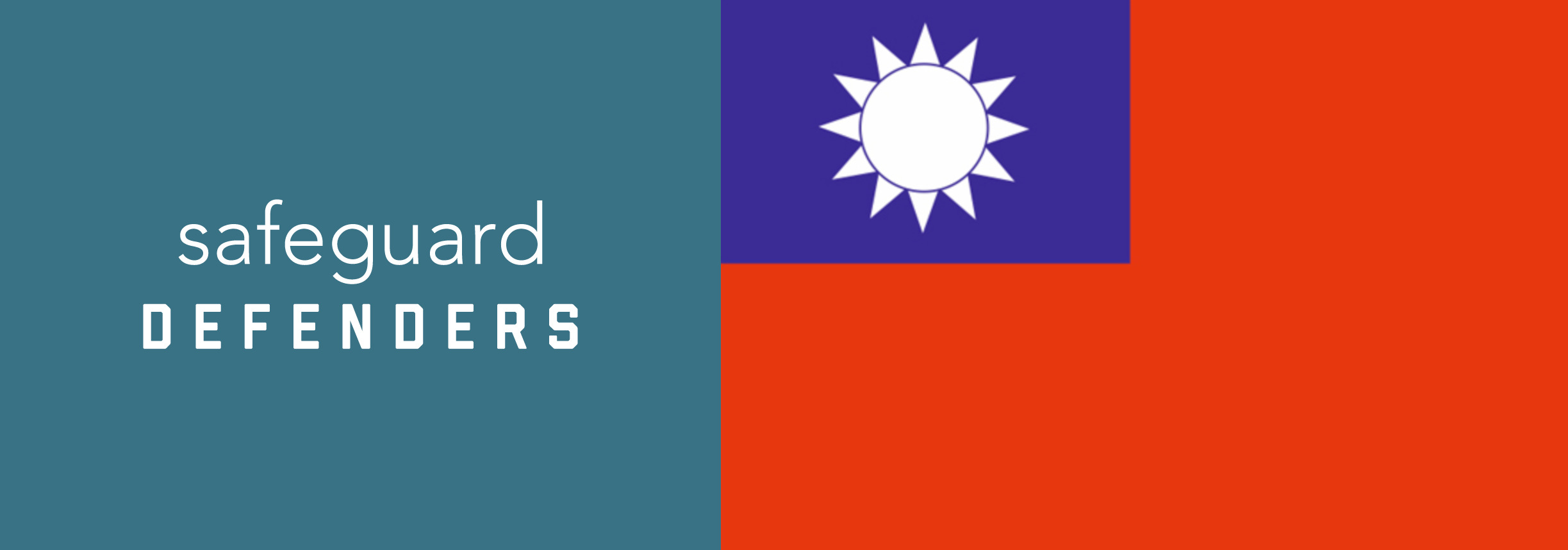
On 9 April 2024, Michael Morrison in Human Rights Centre Blog of the University of Essex wrote a post “Standing Strong: Supporting Human Rights Defenders Worldwide” about the work of Prisoners Of Conscience (PoC), a UK-based charity,
In a world where human rights are not universally respected, there are courageous individuals who face persecution, silencing, torture, and forced displacement just for standing up for their beliefs. Prisoners Of Conscience (PoC), our UK-based charity, stands in solidarity with these brave people, offering both financial and practical support to those who defend human rights worldwide.
Prisoners Of Conscience operates on a simple yet powerful belief: no one should be persecuted for protecting or advancing human rights. We recognise that while we enjoy the freedom to express ourselves, many others around the world are not so fortunate. These individuals face unimaginable challenges for their beliefs, often enduring imprisonment, torture, harassment, violence, or being forced to flee their home countries.
Our mission is clear: supporting those who stand for rights. Our charity provides rapid financial assistance through grants; ensuring immediate relief, resettlement, and requalification during a recipient’s time of greatest need. These grants are not just about providing temporary relief; they are a lifeline for those who have sacrificed their freedom for the principles they believe in. Financial assistance includes covering legal fees, medical expenses, and basic living costs for individuals and their families.
Moving towards holistic support, we have developed various programs to empower our beneficiaries beyond financial aid. Our employability panel offers guidance and opportunities for career development, including job placement services and vocational training. Additionally, our web-based forum provides a platform for networking and collaboration, where individuals can connect with like-minded activists and organisations. We also collaborate with other parties to offer signposting to practical support, such as mental health services, legal advice, language classes, and integration support for those seeking asylum.
Yuzana* for example, is a writer, surgeon, and founding member of PEN Myanmar. Yuzana faced a daunting 20-year sentence for her role as a campaigns assistant for the National League of Democracy (NLD) and her unwavering commitment to human rights. Despite enduring almost six years of imprisonment in one of Myanmar’s most notorious prisons, Yuzana’s determination remained unyielding. After being released on humanitarian grounds due to her declining health and international pressure, she continued her advocacy work.

In the wake of the military coup in Myanmar in February 2021, PEN Myanmar continues to monitor and share critical information despite grave risks to their safety. Several members of the organisation have been detained, and tragically, four poets are among the unarmed civilians killed. Yuzana, concerned for her safety, was compelled to leave Myanmar and seek refuge in another country. With the assistance of Prisoners Of Conscience, Yuzana was able to cover her travel expenses and basic living costs while she establishes herself in a new environment.
Our recent research indicates that at any one time there are tens of thousands of prisoners of conscience who are persecuted and in need of our support. The impact of our work is evident in the numbers: in the past year alone, Prisoners of Conscience awarded 130 grants to over 420 individuals from 28 countries. This vital support reached a total of 424 individuals, offering crucial assistance during times of adversity. We are profoundly grateful for the generosity of our donors, whose unwavering support enables us to continue our mission of empowering those who defend human rights.
The challenges of the past year, compounded by the pandemic, have prompted us to adapt and innovate, and right now, April is all about #RightsRealityCheck.
Not everyone has access to even the most basic of human freedoms, so we launched the #RightsRealityCheck campaign. This April, human rights champions are undertaking a series of challenges to raise awareness of the rights that many take for granted – basic rights and freedoms which prisoners of conscience risk their life to uphold and protect. Whether it’s reading 5 books throughout the month, writing a blog post each week, or walking in public each day without wearing a head covering, our kind-hearted fundraisers are standing in solidarity with those who face persecution for these simple acts. If you would like to join others who have taken on this commitment to an everyday right, you will not only be standing with prisoners of conscience, but also raising crucial funds to help keep those who defend human rights, and their voices, alive. It’s easy to get started: Simply download our fundraising pack by signing up here (it’s packed with tips and resources to make your challenge a success). Then, share your challenge with friends, family, and colleagues to gather sponsorship. Every pound raised goes directly to supporting human rights defenders and prisoners of conscience around the world. Or alternatively, see what we’re up to and support someone on their challenge by heading to the link here: #RightsRealityCheck Challenge – JustGiving. Let’s turn our everyday actions into a powerful force for change. Together, we can make a difference in the lives of those who need it most.




